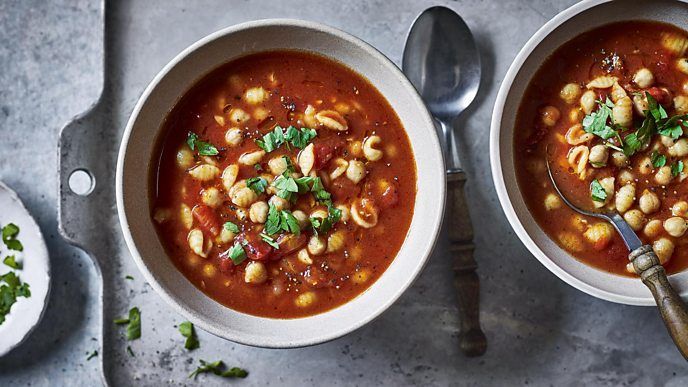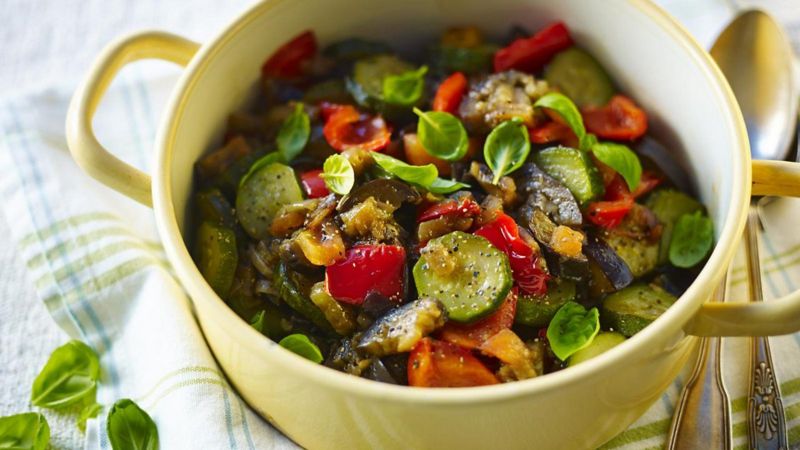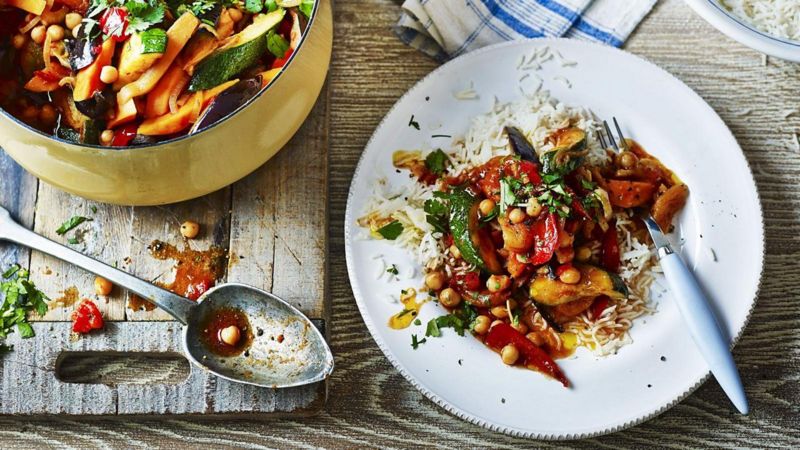What Science Says About The Diet of Centenarians

What Science Says About the Diet of Centenarians
Introduction:
The Blue Zone Diet has gained immense popularity, amassing over 10 million hashtags on TikTok alone, and a new documentary series further explores its potential benefits. What Science Says About The Diet of Centenarians. The diet is intriguing, especially since the areas it focuses on have a remarkable number of centenarians. But is it genuinely a healthy diet? As a nutritionist, my research aims to shed light on what science says about the diet of those who live to a hundred or beyond.
What is the Blue Zone?
The term “Blue Zone” isn’t scientific, but it refers to regions where people live a century or more. A study revealed that inhabitants of these areas are ten times more likely to reach 100 than in the United States. Don Boettner popularized the term, identifying five Blue Zones: Acaria in Greece, Loma Linda in California, the Nicoya Peninsula in Costa Rica, Okinawa in Japan, and Sardinia in Italy. These regions boast low rates of diabetes, heart disease, and cancer, with shared values contributing to longevity.
What does the Blue Zone Diet include?
While the diet varies due to cultural differences, commonalities exist. Blue Zone residents consume abundant fruits and vegetables, offering essential nutrients and health benefits. Pulses, legumes, and grains rich in protein and fiber play a vital role in maintaining stomach, intestine, and heart health. Residents also opt for a low-fat diet, favoring olive oil, fish, and nuts over meat and processed foods.
Fermented food and Fish:
Fermented foods with probiotics, like miso soup in Okinawa, aid digestion. Fish, eaten in moderation three times a week, provides omega-3 fatty acids for brain and heart health. Meat is sparingly consumed, with an emphasis on moderation and a preference for healthier options like beef and mutton.
Water, Coffee, and Beyond Food:
Blue Zone residents emphasize regular water consumption for overall health. Coffee, a common beverage, especially in Okinawa, contributes to the locals’ well-being. Beyond food, daily activities such as gardening and walking, along with adequate rest and sleep, are integral to their lifestyle. Social interactions and shared meals foster community well-being.
Is the Blue Zone diet good for you too?
Incorporating elements of the Blue Zone diet, like increased vegetable consumption, can positively impact health. The key is to maintain a diverse, healthy diet while minimizing salt, fat, and sugar intake. Although some experts suggest a specific Blue Zone diet, individual needs, living spaces, and financial situations differ. Consulting a nutritionist before making dietary changes ensures recommendations align with personal health and needs. While the Blue Zone Diet offers insights, ongoing research is crucial before universally endorsing its routine adoption.
We always keep in touch through our social media networks with the latest news of Is Chinese Garlic a ‘National Security Threat’ in the US? All news or pieces of information took from an Authentic Website. Our social media platforms are Facebook, YouTube Channel, Instagram, Twitter,



